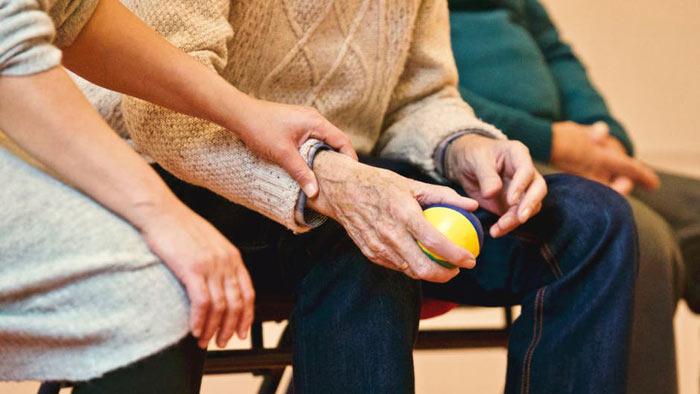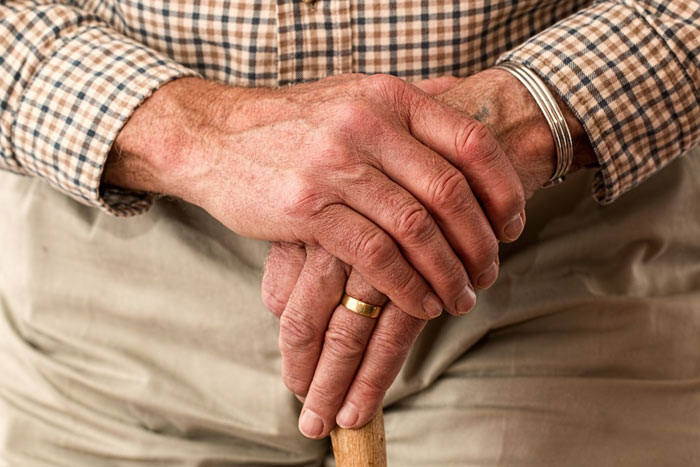As you see a bent person helping themselves to walk with a cane, you think about old age in the same instant – right? But it doesn’t happen when you observe someone about the same age jogging in the park or engaging in an animated dispute. When people are busy with the same activities we habitually do, do we brand them as old straightaway? Let’s talk about your negative age stereotypes.

Then again, we don’t think of an old age looming on the horizon at 20 and 30 when we mislay our belongings or find ourselves forgetting completely to perform some critical task. It is regarded merely as an accidental lapse. Meanwhile, at 60, you can start worrying over such incidents and believe your cognitive abilities are declining.
These considerations are closely examined in the book Breaking the Age Code: How Your Age Beliefs Determine How Long and Well You Live, penned by Becca Levy, Ph.D., based in Yale. The professor deals with various ageist beliefs – most of which are, understandably, negative–that often get labeled as ‘senior moments. Levy reminds us that instances of sheer forgetfulness occur throughout our lives. It’s an unpredictable and unavoidable memory distortion, not characteristic of old age.
Now that means we have no real reason to link memory lapses to advanced age and mental deterioration. Actually, our ideas about what it means to grow old are dictated to us by our culture and our personal perceptions. It’s noteworthy that our beliefs – like inevitable cognitive decline – can shape our own aging. Based on her research on the matter, Dr. Levy avers that these beliefs shape our longevity and our perception of what our mature age will feel like.
Levy started her research with a journey to Japan, the country which can boast the most extended lifespan for its population. Almost immediately, she realized that Japanese age conception is markedly positive in many ways – the factor that would seem surprising to most US citizens.
Previous to her study, other experts tended to collate material on young people’s attitudes to older persons. Levy decided that she should concentrate instead on older people’s age beliefs and how these beliefs influenced their lives in old age, their health, and longevity.
She juxtaposed people with positive age beliefs and those inclined to negative conceptions of old age. She discovered that the first group enjoys a longer lifespan than the second group by about 7 years and longer.
The thing is that older citizens are almost unilaterally looked upon as vulnerable individuals who are invariably frail and inefficient and may well be disposable. Moreover, this stereotype has only been strengthened by the recent Covid-19 onset.
Regarded from the social viewpoint, ageism can easily slip into segregation and discrimination, in particular where hiring and dismissal are concerned. Speaking personally, negative age-related stigmas can make people indifferent to caring for their health – the attitude that can adversely affect life expectancy.
The conclusion is definite, then: the views any single person holds on aging get reflected in their own aging process. Having asserted that, where does Breaking the Age Code go from thence? And the principal idea is, can personal perceptions be changed into more positive ones?

They can. The first step would be to identify the dominant aging stereotypes, which can be done through watching movies, reading the news, and conversing with other people. Acid ageist comments would be especially indicative of the existing trends.
To gather sufficient information, you can socialize more with some aged citizens with whom you are in a good relationship. Get engaged in an activity in which people of various ages participate.
What it eventually boils down to is that your perception of older people and aging shapes your health and lifespan to a large extent. These perceptions can be subject to change through recognizing the existing stereotypes and engaging in quality relationships with senior citizens.










